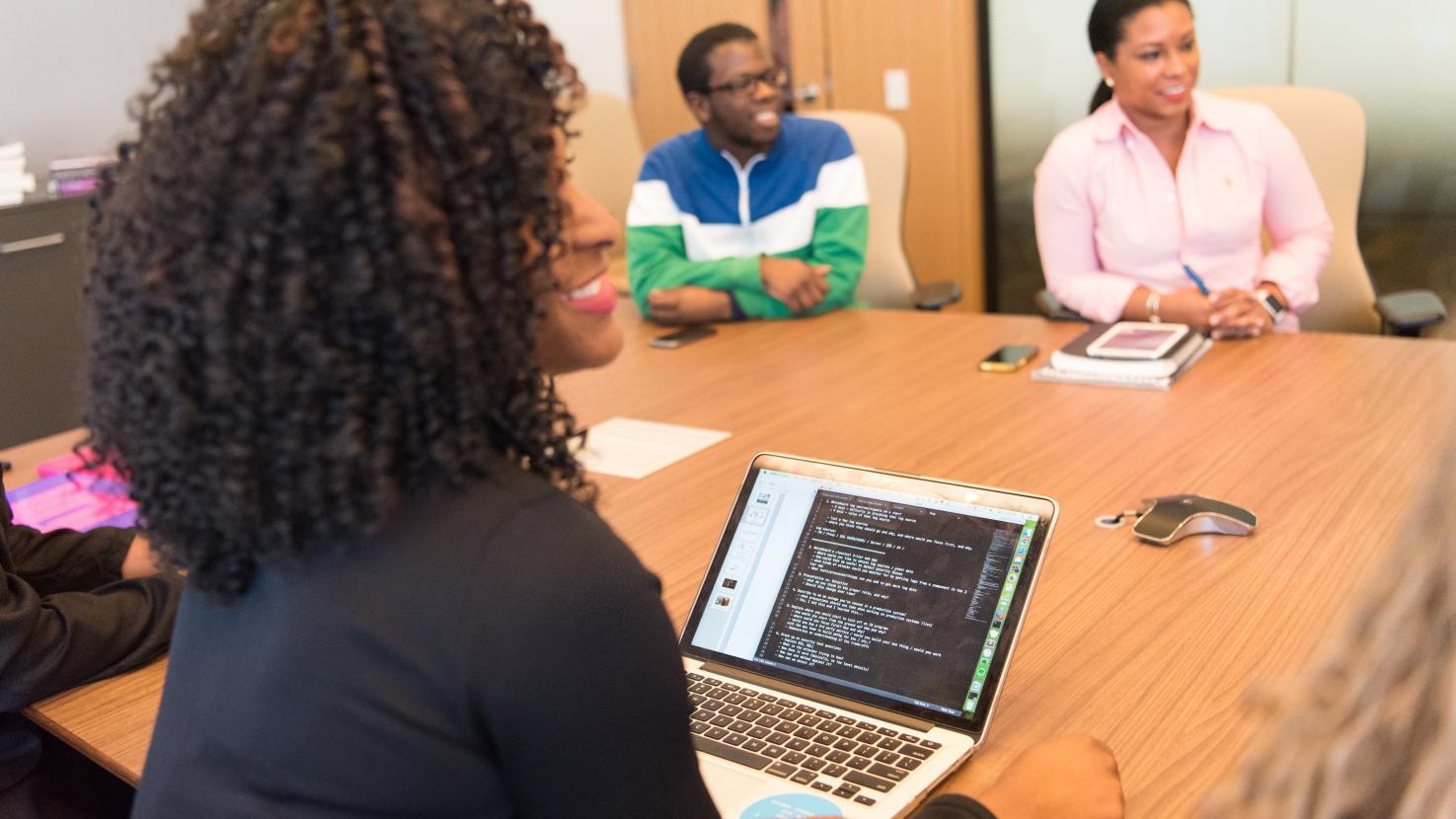A Conversation with a Data Doubter

I work for a commercial real estate company that is quickly becoming a data company. The instruments on the walls of the buildings we manage aren’t where the value lies. It’s the data they measure and monitor that makes a difference in how we can run clients’ buildings more efficiently.
This is especially true today, when people are looking at their spaces with fresh eyes and considering an ongoing re-entry after a pandemic. Getting colleagues outside our BI group to understand that our business will soon identify as a data company specializing in corporate real estate (and not vice versa) is another matter. In fact, you may find yourself on the receiving end of a question like this fairly often.
Data Doubter: We’re not a computing company. We don’t sell cybersecurity software or storage. Do we really need a data culture?
There are any number of ways to manage this conversation, but I find it effective to encourage the questioner to break down the “product” we sell based on the data it contains and generates.
Me: Thanks for asking. But let me ask you: What’s your key objective for that global bank relationship you manage?
Data Doubter: We’ve got to reduce our costs.
Me: Okay. And how do you do that?
Data Doubter: We do a whole bunch of things: look at energy consumption, monitor utilization, use AI…
Me: And how do you know if you’ve been successful?
Data Doubter: Well, we look at the dashboards.
Me: So you are using data. You’re not running on gut feel alone. That’s one reason we’re becoming a data company. Data is part of all of our decisions.
I consider this a small initial win, helping one doubter to understand that they use a lot of data to do their jobs, whether they fully appreciate it or not. Once they understand how pervasive data is in our every day, I move on to helping them understand that bringing our data together and blending different data sets, we can get a whole new look at our business and start answering tougher questions.
For example, if one of our client’s success metrics is about reducing the number of health and safety incidents on their properties, we can dig into the health and safety records. Then we can tie that in with data about a particular kind of lift (elevator) that breaks down when people have injuries. This leads us to an insight about how to improve health and safety by focusing in this area. It’s two plus two equals ten, as opposed to what they've been able to do before.
Making progress on the data journey together
There’s no question that the amount of data we use that will help us to make decisions and drive things forward is going to rise exponentially. But getting people to understand this is the hard part. Anyone out there telling our story needs to be brought in, so they understand both the business and the data we’re using to drive insights. That’s why it’s incumbent on us as data leaders to turn data doubters into data believers. We can do that by bringing everyone along for the ride and helping them understand not only how they are using the data today, but also what the vision and impact of a true data culture can look like.
Here’s another reason those data believers are so important - they will help you attract the very best data talent, which will be critical in the long run.
Even if they do start out as doubters.
Paul has transformed JLL’s Business Intelligence and Technology team into a virtually working, high performing team spread across six countries and nine time zones. Through a framework of improving compliance, reducing cost, increasing productivity and driving revenue, his team has built an ROI framework which has already achieved $40m of quantified benefit through BI. In 2020 Paul was named global lead for BI, performance management and innovation at JLL, taking the work he had previously done and creating a global community to maximise its benefits. Paul was most recently included in the DataIQ 100 most influential people in data for 2021.







